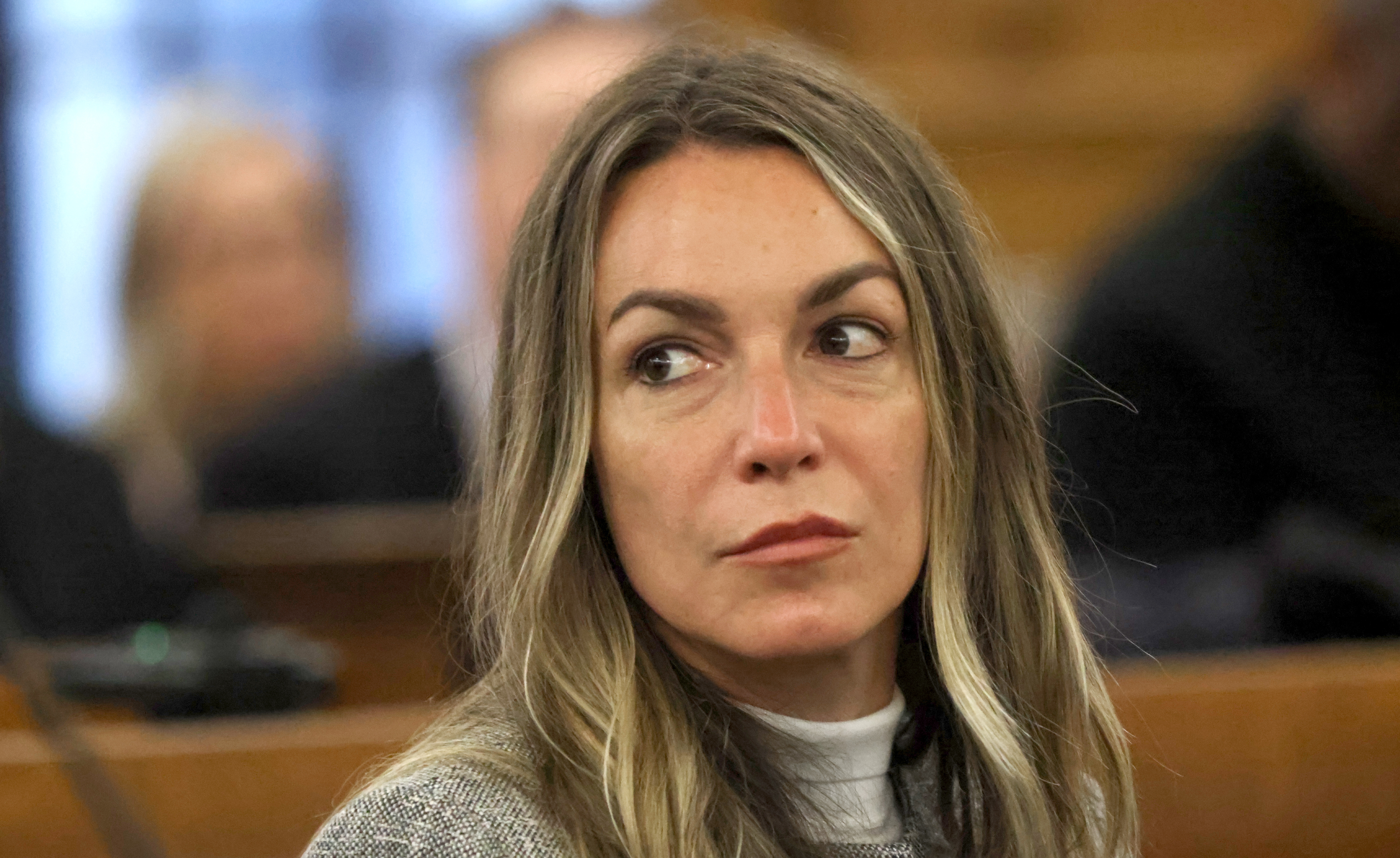How often is a dealer charged federally for selling the drugs directly linked to an overdose death? There are just a handful of cases that have been prosecuted at the federal level in Massachusetts in recent years.
The head of the New England Division of the U.S. Drug Enforcement Administration says the opioid epidemic is a battle that needs to be fought on the international, federal and local levels. One of the many tools being used to combat drugs and overdose deaths is a federal charge of distribution resulting in death.
WATCH ANYTIME FOR FREE
Stream NBC10 Boston news for free, 24/7, wherever you are. |
The DEA has partnered with police at the local level to help investigate overdose deaths as the opioid epidemic continues to impact cities and towns across the state. Natick Police Sergeant Jason Sutherland says opioids have had a devastating impact in every corner of this town.
“Any street you drive down in Natick, there is some degree of an opiate overdose in the past 12 years in that area. We’ve seen overdoses in all walks of life, all ages, young and old. It touches everyone.”
Get updates on what's happening in Boston to your inbox. Sign up for our News Headlines newsletter.
Sutherland has patrolled the streets for almost two decades and worked with the DEA drug task force for years to try to get drugs and the people pushing them off the streets. In Natick, every overdose death is investigated and prosecuted if possible.
“I think it certainly can save lives. I don’t think it’s going to save all of the lives but in the meantime supply shrinks, price goes up and it’s harder to obtain,” said Sutherland.
On Nov. 17, 2019, 24-year-old Suffolk University Student Nicole Fusaro was found unresponsive in the bedroom of an apartment on Morse Street in Natick -- just steps away from the police station. According to court records and photos obtained by the NBC10 Investigators, police confiscated a pill press and mounds of drugs, some laced with fentanyl, after responding to a report of an overdose.

Rafael Ashworth, who lived in the apartment, is accused of distributing the deadly dose that killed Fusaro. He denies having anything to do with her death. Ashworth’s lawyer had no comment.
Local
In-depth news coverage of the Greater Boston Area.
Ashworth investigation photos
That summer, in Andover, 26-year-old Richard Tonks overdosed and died in his home after struggling with substance use disorder and trying to stay clean. The victim’s cell phone and texts led investigators to Dominican National Bernadito Carvajal who is now serving 10 years behind bars for distribution. The convicted dealer sold Tonks drugs eleven times in the eight days before his death and more to an undercover officer in the months that followed. Texts show Carvajal reaching out to Tonks offering drugs multiple times, offering to give him a test some days before he died.
The work involves everyone from top traffickers to dealers at the street level like Bernadito Carvajal. Brian Boyle, special agent in charge of the New England division of the DEA says in general it’s important to target all levels of the drug operation.
“If that person has supplied one person who passed away or died of an overdose there’s probably many others that could be in line to obtain the drugs and die as well," Boyle told NBC10 Boston.
The federal charge for drug distribution resulting in death comes with a minimum sentence of 20 years to up to life in prison. With a manslaughter charge at the state level a dealer faces up to 20 years in state prison, but prosecutors have to prove the dealer knew the drugs could cause substantial harm or death.
The NBC10 Investigators have been looking into overdose death prosecutions in Massachusetts for months as the flow of pills laced with fentanyl, heroin and cocaine continues to ripple throughout the state. From federal and state courts in Lawrence all the way to the Cape, some alleged dealers stand accused of causing deaths while plying their illegal trade but we found in other parts of the state these types of investigations aren’t happening at all.
Families who lost loved ones are calling for change. Twenty-year-old Max Durham lost his battle with substance use disorder in 2019 after ingesting a deadly dose of fentanyl he bought from Joseph Comeau who admitted to the crime.
His father Andrew said, “It would benefit us all if the drug dealers realized or felt that they could get prosecuted easier, it might make it less attractive to them and might save some lives.”
Jane Trullo’s son Rob Desrochers died of an overdose last year.
“People who drug overdose, their deaths don’t count? It’s not even just my family. I’m sure other families are feeling the same way, frustrated, angry and disheartened by the system.”
People who drug overdose, their deaths don’t count? It’s not even just my family. I’m sure other families are feeling the same way, frustrated, angry and disheartened by the system.
Jane Trullo
The DEA says they’re trying to help by training local departments to gather the evidence in overdose deaths, like cell phones, to stem the tide of drugs one dealer at a time. “We’re teaching local department to send a detective unit out to the scene as fast as you can and call us. I think it’s very important, number one for the family to show someone cares, they have just lost a loved one.”


